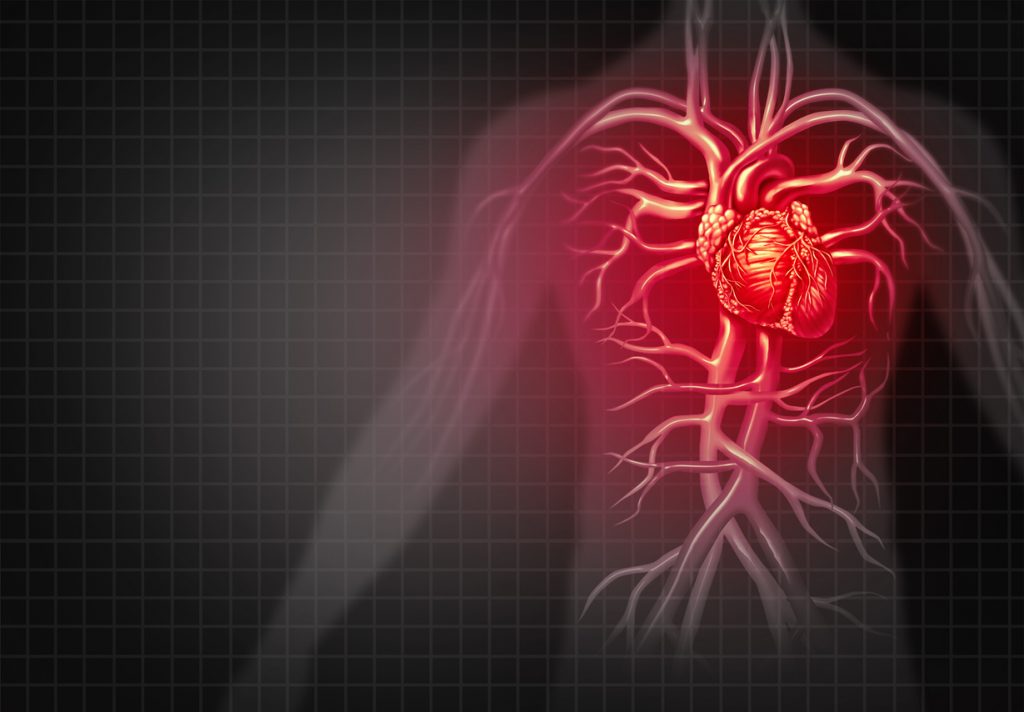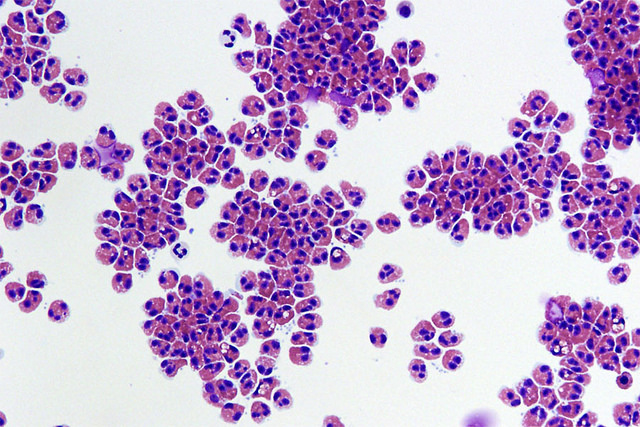Patients experiencing a mild heart attack will receive one of two medications which thin the blood to discern which is superior.
Official Title
A Prospective, Randomized, Open-label, Multicenter Study in Patients Presenting with Acute Coronary Syndromes (ACS)
Conditions
– Unstable Angina- Myocardial Infarction- Myocardial Ischemia
Study Type
Interventional
Study Design
Treatment, Randomized, Open Label, Active Control, Parallel Assignment, Safety/Efficacy Study
Further Details
Study Start
Eligibility & Criteria
Ages Eligible for Study: 18 Years and above, Genders Eligible for Study: Both Criteria Inclusion CriteriaAll patients must meet the following criteria:Male or nonpregnant female greater than or equal to 18 years old Ischemic pain originating or persisting at rest, or its clinical equivalent, lasting greater than or equal to 10 minutes and occurring within the 24 hours before enrollment At least 2 of the following: * ECG changes: New or presumably new ST-segment depression greater than or equal to 0.1 mV (greater than or equal to 1 mm), or transient (<30 minutes) ST-segment elevation greater than or equal to 0.1 mV (greater than or equal to 1 mm) in at least 2 contiguous leads * Abnormal cardiac enzymes within the 24 hours before enrollment, defined as elevated troponin I or T greater than the established criteria at each site OR creatine kinase CK-MB level greater than the site's upper limit of normal * Age greater than or equal to 60 yearsExclusion CriteriaA patient, meeting the above inclusion criteria, will be excluded for any of the following:Known or suspected pregnancy Increased bleeding risk: ischemic stroke within the last year or any previous hemorrhagic stroke, tumor, or intracranial aneurysm; recent (<1 month) trauma or major surgery (including bypass surgery); active bleeding Impaired hemostasis: known International Normalized Ratio (INR) >1.5; past or present bleeding disorder (including congenital bleeding disorders such as von Willebrand’s disease or hemophilia, acquired bleeding disorders, and unexplained clinically significant bleeding disorders), thrombocytopenia (platelet count <100,000/mL), or history of thrombocytopenia with GP IIb/IIIa inhibitor therapy, heparin, or enoxaparin Angina from a secondary cause such as severe, uncontrolled hypertension (systolic blood pressure >180 mm Hg despite treatment); anemia; valvular disease; congenital heart disease; hypertrophic cardiomyopathy; restrictive or constrictive cardiomyopathy; thyrotoxicosis PCI within the past 24 hours, not including coronary angiography only Allergy to pork or pork products Contraindications to UFH or LMWH Recent (<48 hours) or planned spinal/epidural anesthesia or puncture Thrombolytic therapy within the preceding 24 hours Other serious diseases, including severe liver disease or renal failure [creatinine clearance <30 mL/min Treatment with other investigational agents or devices within the previous 30 days, planned use of investigational drugs or devices, or previous enrollment in this trial Inability to give informed consent or high likelihood of being unavailable for follow-up Not a candidate for intervention, (angiography or PCI) Treatment with a direct thrombin inhibitor or a low molecular weight heparin other than enoxaparin in the 7 days preceding enrollment.
Total Enrolment
8000
Contact Details
[1] Duke Clinical Research Institute, Durham, North Carolina[2] Aventis Pharmaceuticals
All content and media on the HealthEngine Blog is created and published online for informational purposes only. It is not intended to be a substitute for professional medical advice and should not be relied on as health or personal advice. Always seek the guidance of your doctor or other qualified health professional with any questions you may have regarding your health or a medical condition. Never disregard the advice of a medical professional, or delay in seeking it because of something you have read on this Website. If you think you may have a medical emergency, call your doctor, go to the nearest hospital emergency department, or call the emergency services immediately.







